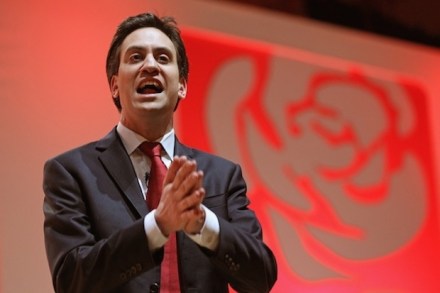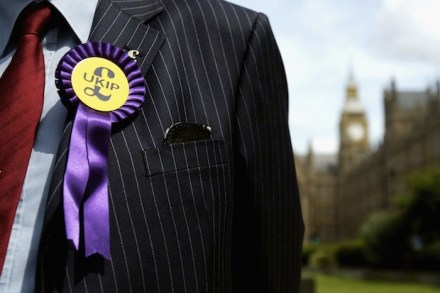Today’s Westminster projections show that Labour is not in a comfortable place
We now have both the BBC’s projected national vote share and Sky’s Westminster projection of what this result would mean in parliamentary seats. Both show Labour ahead but not by much. They are on 31 percent of the vote to the Tories’ 29 according to the BBC. While Sky’s parliamentary projection has Labour a handful of seats short of a majority. With a year to go, and with the economy expected to grow strongly, in the next 12 months, this is not a comfortable place for Labour to be. There’s a reason why more Labour MPs than Tory ones have been taking to the airways to sound off about their





















